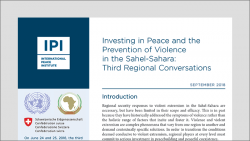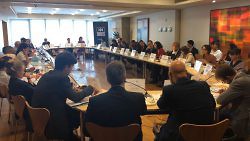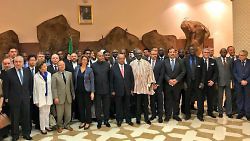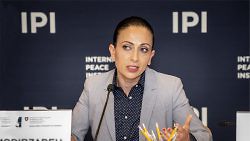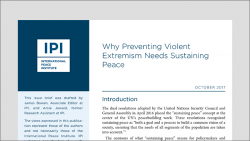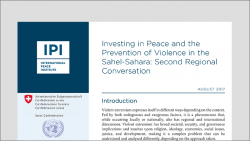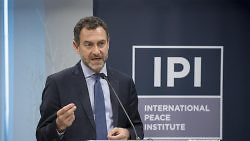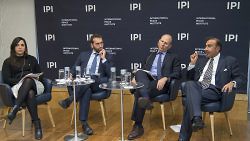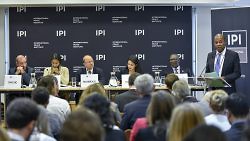
While military and security responses to violence and its multifaceted consequences in the Sahel-Sahara region may be necessary, they have limits, and have, at times, produced adverse results. Alternative strategies that leverage the resilience capacities of local communities in the region remain understudied and undervalued. These alternatives were the focus of a recent meeting in […]
Read more